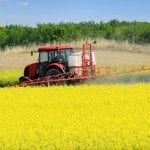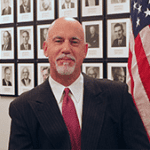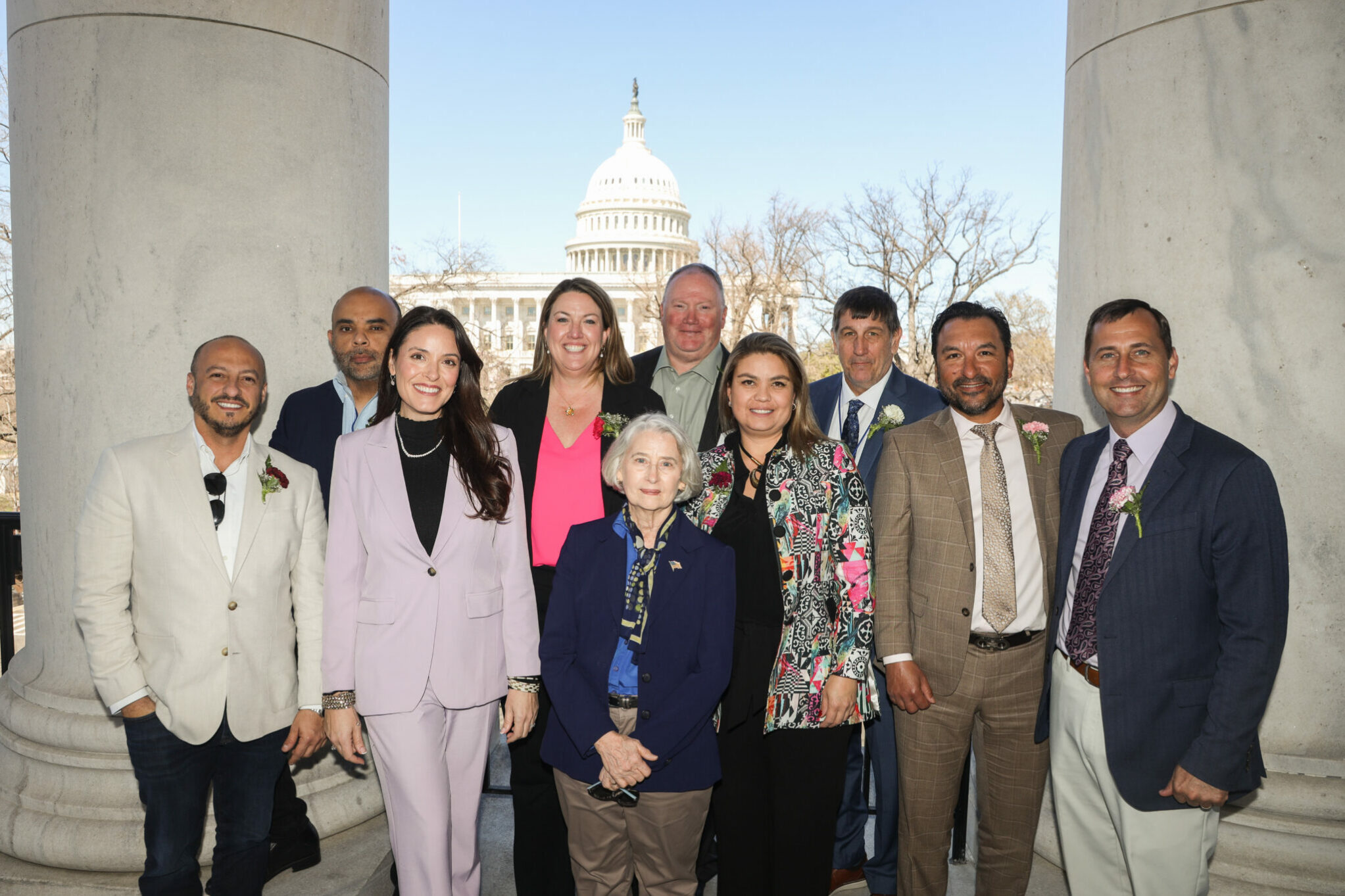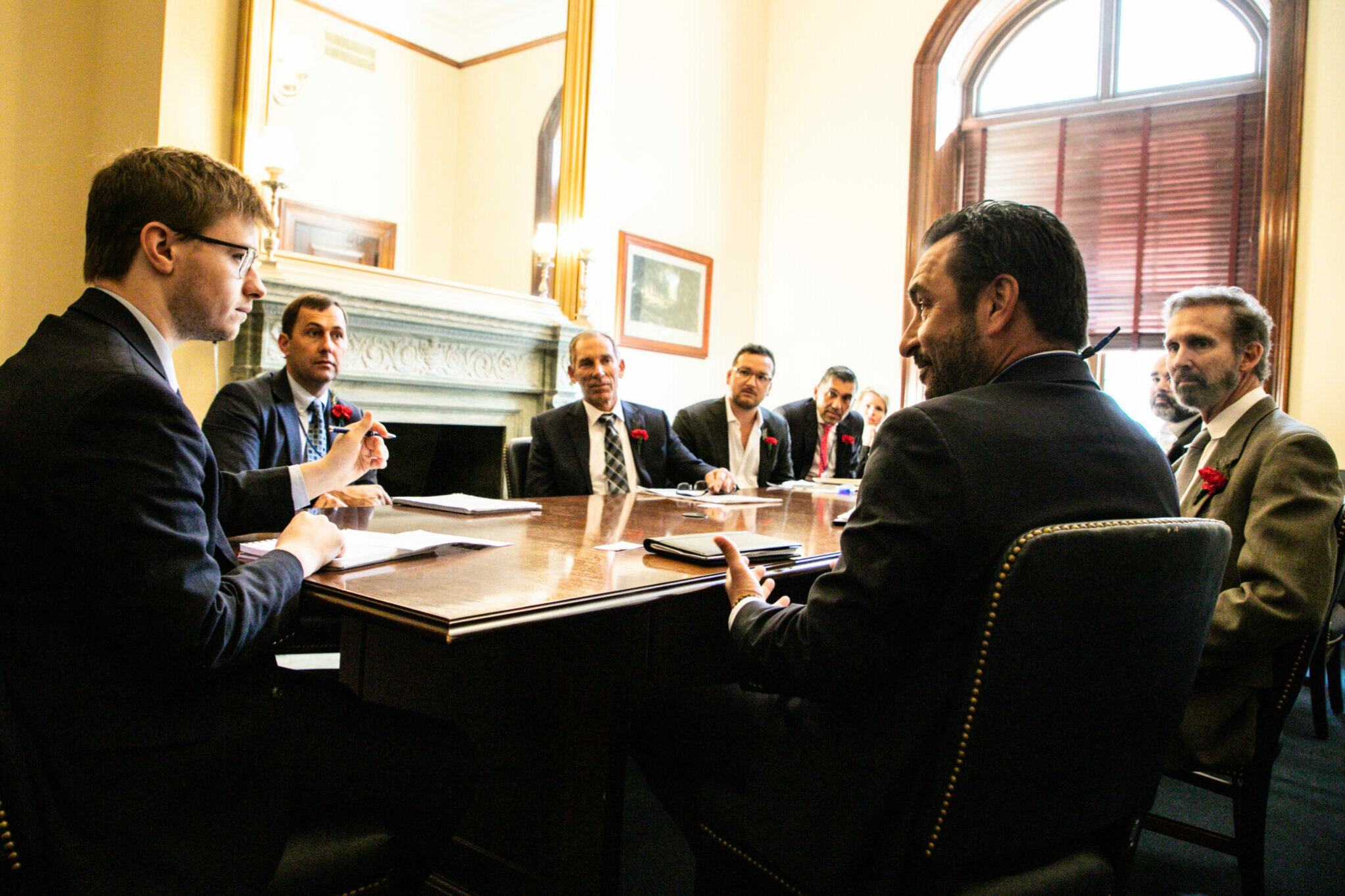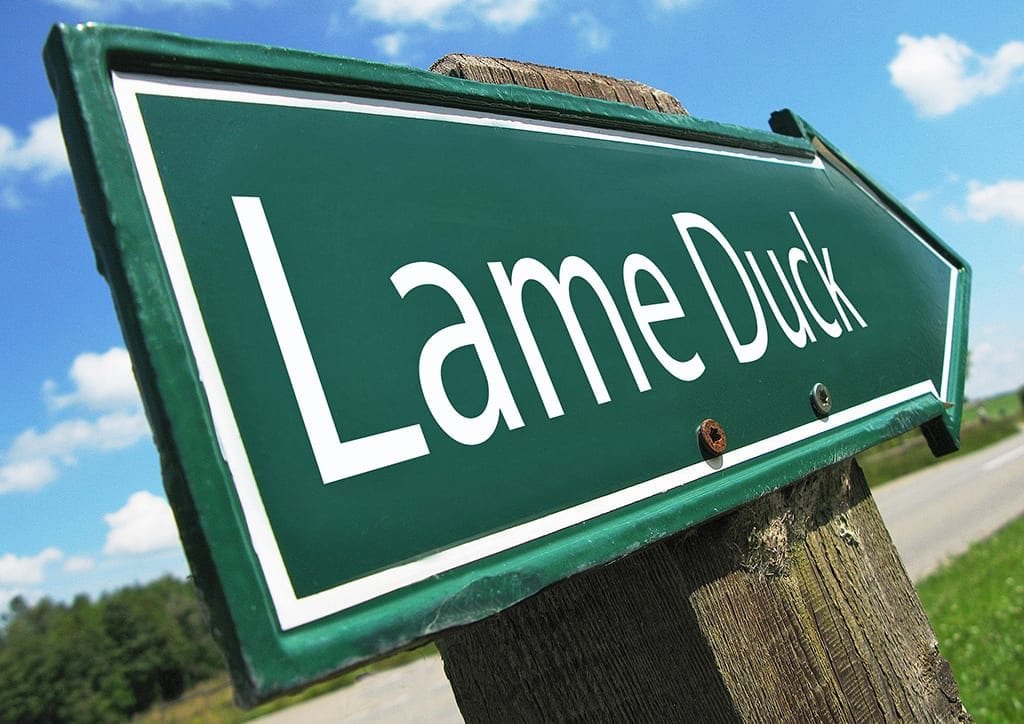
With the midterm elections over, members of the House and Senate returned to Washington last week for a lame duck session with a full agenda of unfinished legislation awaiting them.
A lame duck session of Congress is the period between when members of a new Congress are elected and when they are sworn in. During that time, the existing Congress includes some members who will not be a part of the upcoming Congress.
Lawmakers face an extensive agenda in the lame duck session, but it’s difficult to predict the outcomes, especially with the Democrats poised to take control of the House in January.
Before December 7, Congress must pass the remaining seven Fiscal Year 2019 appropriations bills, including funding for USDA programs that may affect the floral industry, to avoid a government shutdown.
Another “must do” agenda item is the Farm Bill. Farm Bill conferees will push to draft a compromise and vote on the legislation before the end of the year. Before the midterm elections, top Farm Bill negotiators signaled that they wanted to approve a conference report during the lame duck session. Committee staff has been meeting since that time to finalize an agreement. If Congress does not pass a new Farm Bill or extend the current farm bill before the end of the year, 39 programs will be left without funding.
There has been discussion about including the Farm Bill with the remaining spending bills and pass them all as a package.
If the Farm Bill is not approved during the lame duck, the new Democratic majority will have to start from scratch on a new bill in the next Congress.
Congress may also consider reauthorization of the National Flood Insurance Program (NFIP). With the recent hurricanes, Congress will likely push to finalize significant changes before its November 30 expiration.
Other issues Congress could address in the lame duck session and beyond include:
- Tax reform, although tax reductions are not likely to be a priority in the next Congress.
- Financial services reform
- Immigration/border wall issues
- NAFTA approval
- Infrastructure
Shawn McBurney is the Senior Director of Government Relations for the Society of American Florists

